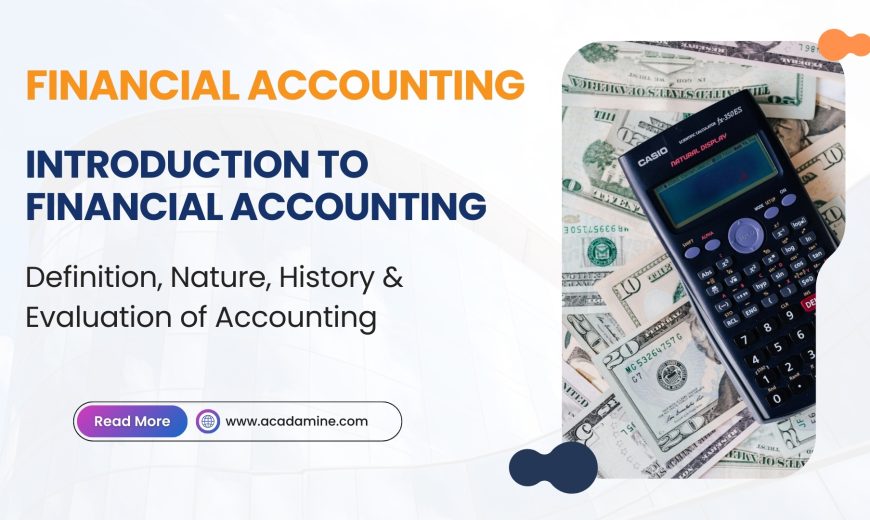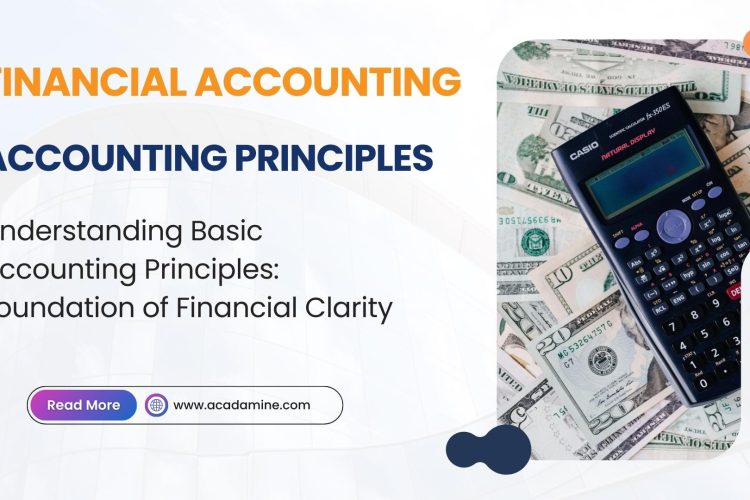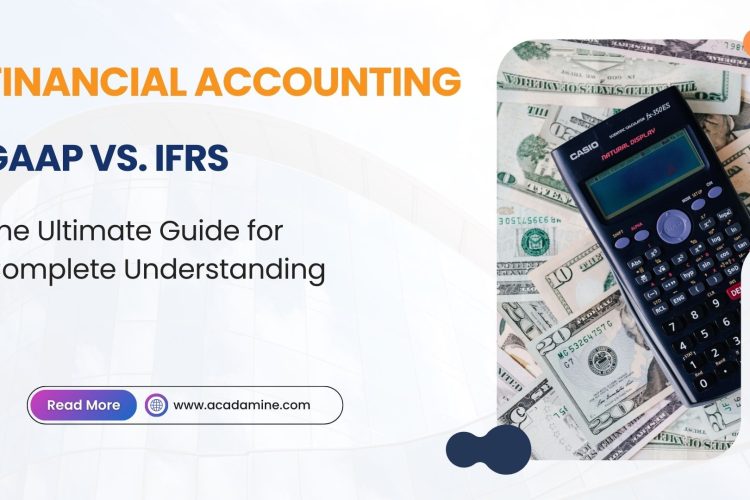
Accounting has often been called the language of business because it is a system of communication that allows businesses to convey financial information in a standardized format to its stakeholders. So, just as people use language to communicate with each other, businesses use accounting to communicate financial information to its various stakeholders, who have a need or legal right to know.
Definitions of Accounting
01. American Institute of Certified Public Accountants (AICPA – 1961)
Accounting is the art of recording, classifying and summarizing in a significant manner and in terms of money, transactions, and events which are, in part at least, of a financial character, and interpreting the results thereof.
02. American Accounting Association (1966)
Accounting is the process of identifying, measuring and communicating economic information to permit informed judgments and decisions by the users of the information.
03. Smith and Ashburne
Accounting is the science of recording and classifying business transactions and events, primarily of a financial character, and the art of making significant summaries, analyses, and interpretations of those transactions and events.
04. R. N. Anthony
Accounting is a system of recording, classifying, summarizing, and interpreting financial information.
05. Simple Definition
Art of recording and reporting business financial transactions.
Key Points:
> Both Art and Science
> Recording, Classification and Summarization
> Financial Transactions
> Interpretation of the results
Nature of Accounting
Accounting is an art or science? Well, Accounting is both; an art as well as, a science but not a pure science.
Art refers to the methods and technique of performing different activities in a systematic manner to attain specified objectives. It requires some kind of knowledge, skills and practice. So, accounting as an Art of performing different activities like recording, classifying and summarizing financial transactions.
Science is a systematic body of organized knowledge based on certain basic principles and experiments. Accounting as a scienc is an organized, systematic knowledge based on certain basic principles.
Overall, accounting can be seen as a blend/combination of art and science, combining subjective interpretation with objective analysis to produce meaningful financial information for decision making.
Accountancy & Accounting

- Accountancy is a wider term, containing the knowledge of the field, whereas accounting is a minor term, is the action or process of applying that knowledge.
- Accounting process is carried out on the basis of the rules and principles framed by accountancy.
- Thus, accountancy is the knowledge of accounting and accounting is the application of accountancy.
History & Evolution of Accounting
Accounting can be traced back to ancient civilizations, such as Mesopotamia, Egypt, and Greece, where people used basic accounting methods to keep track of their financial transactions.
However, the formalization of accounting principles and practices can be attributed to Luca Pacioli, an Italian mathematician and Franciscan friar, who is often referred to as the “Father of Accounting.”
In 1494, Pacioli published a book called “Summa de Arithmetica, Geometria, Proportione et Proportionalità,” which included a section on double-entry accounting. This system was based on the principle that every financial transaction has two equal and opposite effects on the organization’s accounts. Pacioli’s book became widely popular and was used as a standard accounting reference for several centuries.
In the 19th and 20th centuries, accounting became more standardized and formalized, with the development of various accounting principles and standards. The American Institute of Certified Public Accountants (AICPA) was established in 1887, which led to the development of Generally Accepted Accounting Principles (GAAP) in the United States.
In the mid-20th century, there was a shift towards more comprehensive and informative financial reporting, with the development of new accounting principles and standards. In 1973, the Financial Accounting Standards Board (FASB) was established in the United States to develop and update accounting standards.
In recent years, accounting has been impacted by advancements in technology, with the introduction of computerized accounting systems, cloud-based accounting software, and the use of artificial intelligence and machine learning in financial reporting and analysis.
Conclusion
accounting has a rich history that has evolved over time to become a standardized and formalized system for recording financial transactions and reporting financial information.


